Planet of the Humans
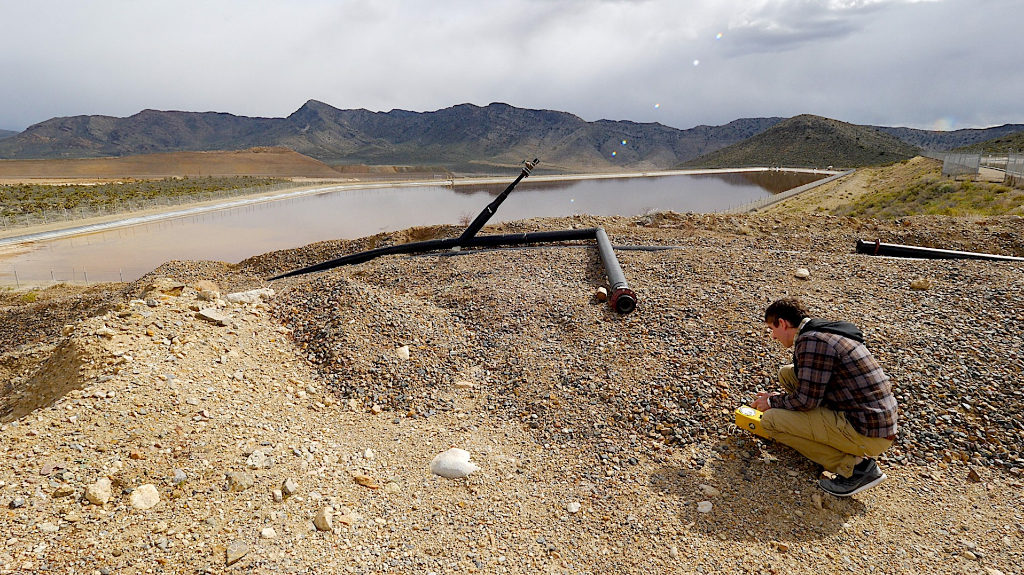
Jeff Gibbs thinks the end is nigh, and he’s probably right. Our destruction of the environment and unchecked population growth have put the planet at breaking point. Viewed from a satellite, our light pollution looks like a forest fire. If we are burning ourselves out, how long do we have left?
A vox pop at the beginning of Planet of the Humans declines steeply from “infinite” to “ten years”. Gibbs seems inclined to the latter. We’ve known about this for a long time (Gibbs samples a Frank Capra public awareness video from the 50s) but have done nothing. Perhaps it is too late.
Gibbs has always been a tree-hugger (his term) and has long fought for green energy. Thus he, like many others, was excited by the change ushered in by Barack Obama’s presidency and his proposed $100 billion for green energy. Soon others with money to spare declared similar intentions. Al Gore, Richard Branson and Michael Bloomberg all set up green initiatives. Companies touting green energy sprang up. General Motors manufactured an electric car.
This is all too good to be true. That electric car is charged from the mains grid, powered by coal and gas – not so renewable. But wait, the energy grid has just filled a park with solar panels. When investigated, the engineer states that it looks great but only powers ten homes per year.
Gibbs spends the rest of the film convincingly pooh-poohing green energy. He has a marvellous knack for finding diesel generators hidden behind solar panels at supposedly green events. Even worse, solar and the much lauded biomass appear to have a negative impact. Land has to be cleared, trees felled, rare earth metals mined, existing stations destroyed in order to switch over. It seems they use far more fossil fuels than they save.
This being a Michael Moore number, it is global capitalism and shadowy corporations that are to blame. Every green initiative has a large bank or timber merchant behind it, every company enjoys massive government grants. This sounds believable to me, though I am inclined to take it with a pinch of salt. One can’t help but feel that a lot of the “gotcha” interviews are well-edited and devoid of context. The flood of precipitous graphs and apparently redacted government documents fly by too quickly. Watching this film is a little like scrolling through Twitter.
But still, if one only treats one-tenth of Planet of the Humans as gospel, the future still looks bleak. This is not an even-handed BBC investigation, but a political pamphlet full of suspicion, anger, scepticism, and fear. And it is very convincing. According to Gibbs, the time of easy answers is over. The sobering part is that the film doesn’t suggest it’s time to act, but maybe time to give up.
Christopher Shrimpton
Planet of the Humans is released digitally on Michael Moore’s YouTube channel on 21st April 2020.
Watch the trailer for Planet of the Humans here:



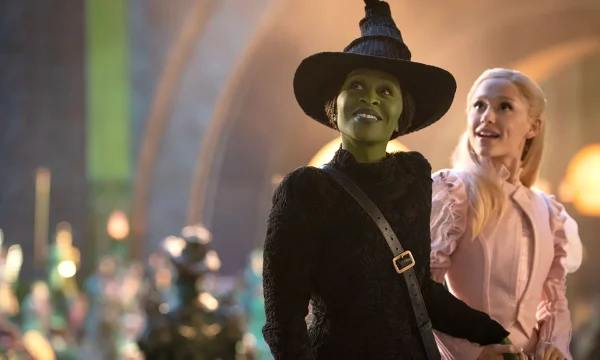
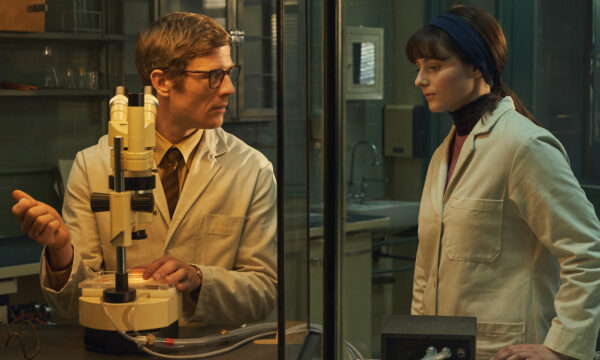
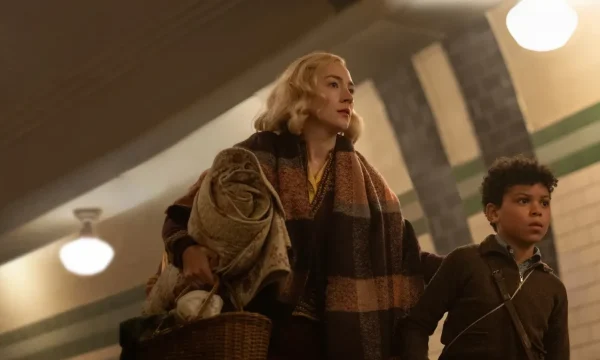
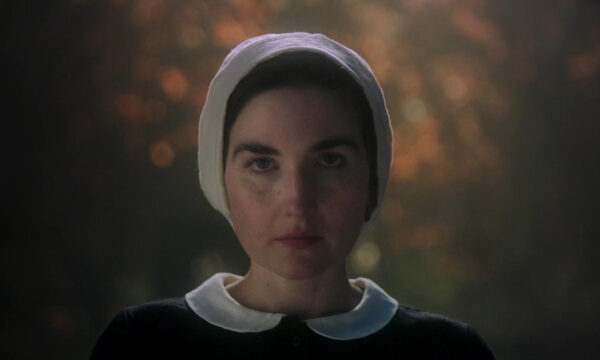


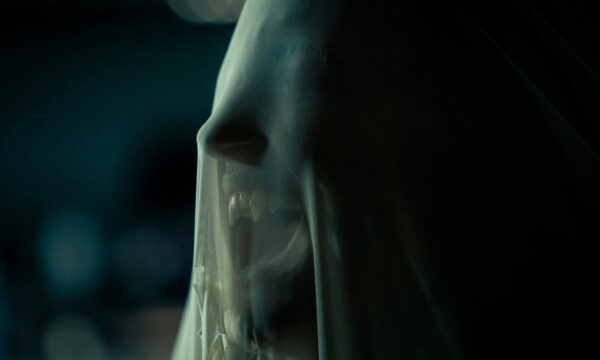











Facebook
Twitter
Instagram
YouTube
RSS